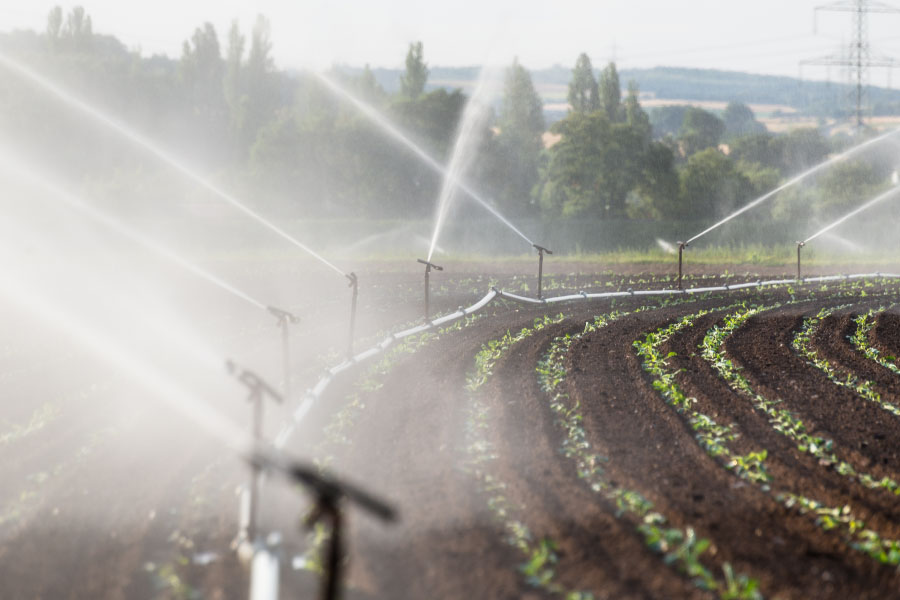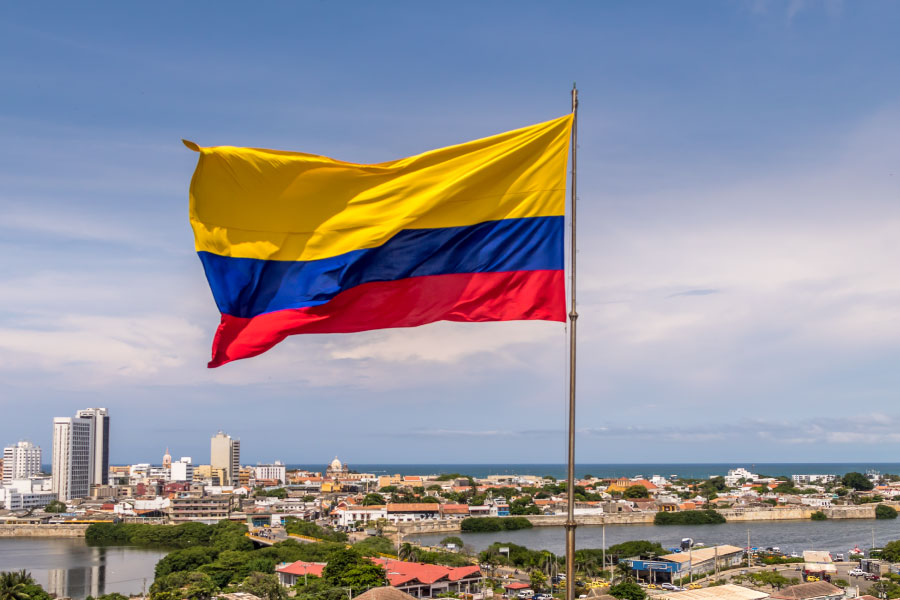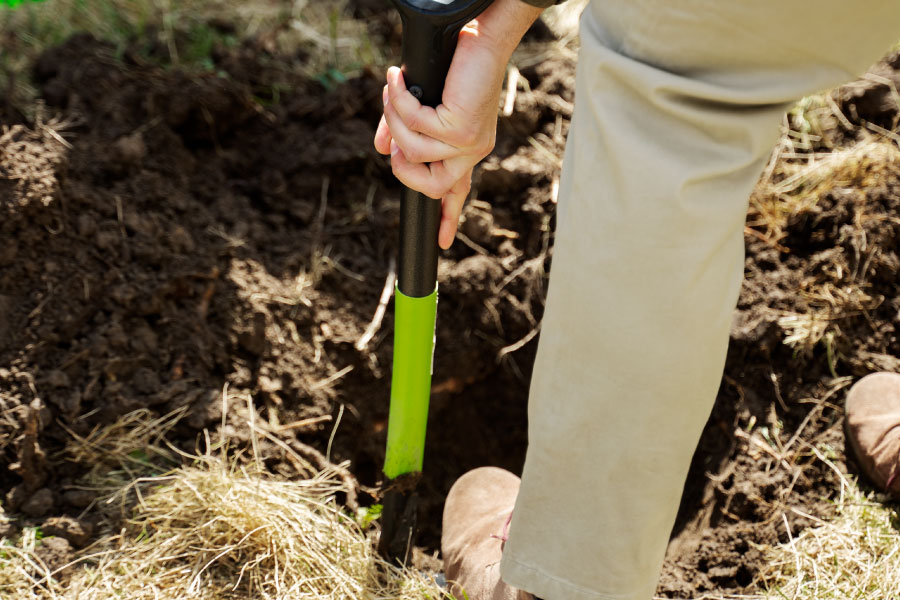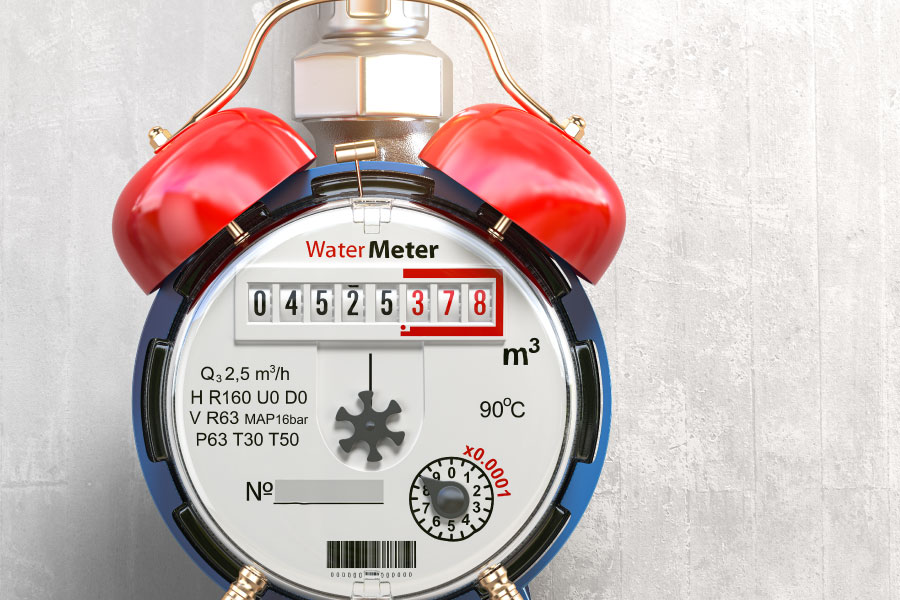
World Water Day
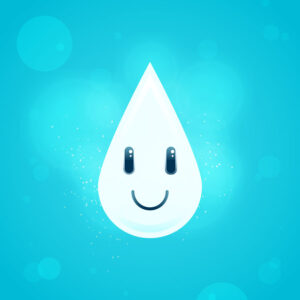
Hello, my friend
Would you like to know your daily water consumption? Click here:
Here are some questions to answer about the water day
World Water Day is a crucial date in the international calendar, as this vital resource covers more than 70% of the planet’s surface and is essential for the functioning of ecosystems, agriculture, industry and, of course, human health.
However, water is increasingly threatened by pollution, overuse and climate change. This article answers key questions about World Water Day and explains why it is essential for humanity.
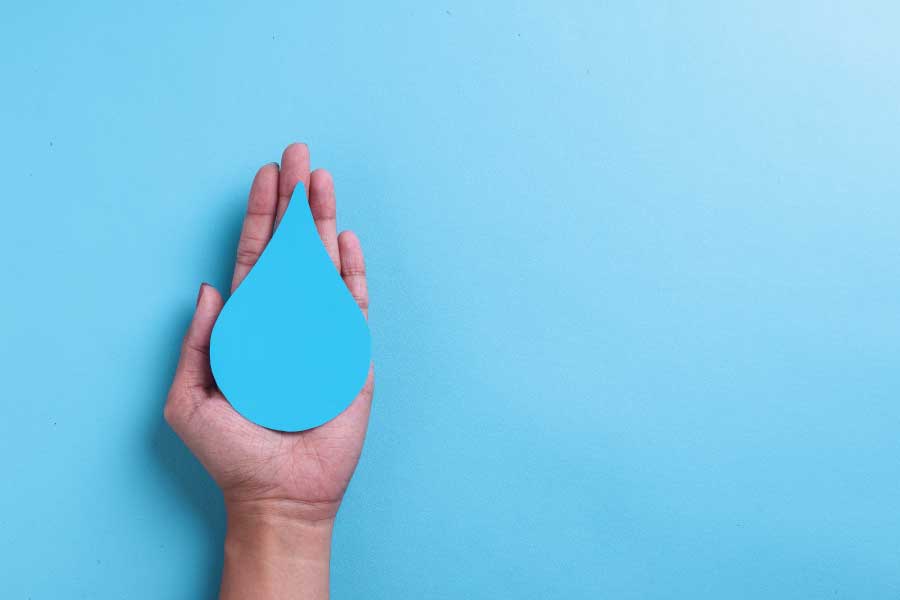
What day is World Water Day celebrated?
World Water Day is celebrated every year on March 22nd. This date was chosen by the United Nations (UN) to raise awareness among the world’s population about the importance of freshwater and the need to promote its sustainable management.
Since when is water day celebrated?
In 1992, the United Nations General Assembly established World Water Day. The initiative emerged as part of a global action plan adopted at the United Nations Conference on Environment and Development. Since its creation, World Water Day has gained global recognition and support, becoming a key date for water advocacy.
YOU MAY BE INTERESTED IN: Drytoilet, an alternative to save water
Why was water day created?
World Water Day was created to address the growing global water crisis that has been felt since the beginning of the 20th century. Access to safe drinking water has long been a significant challenge in many parts of the world.
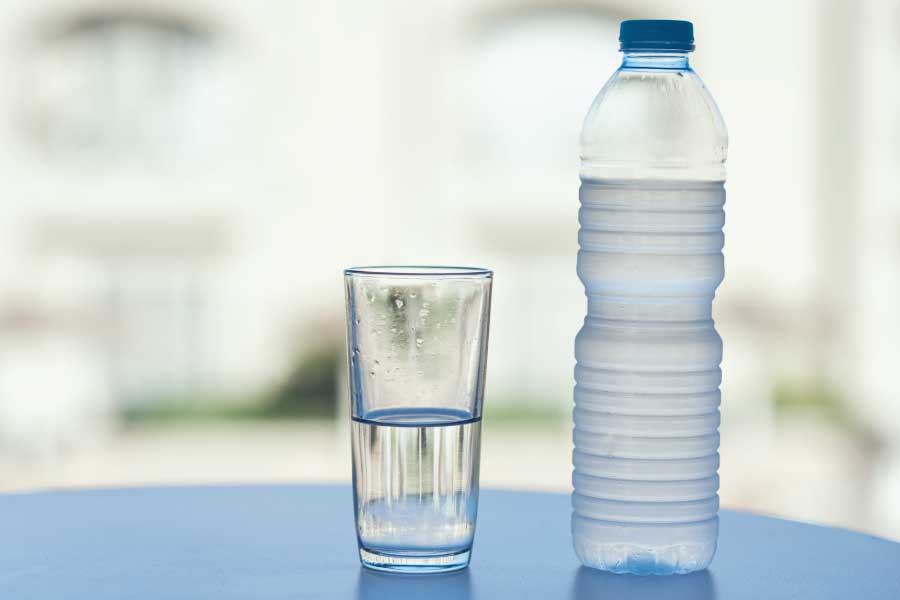
Why is water day important?
Water Day is a very important date, as it seeks to make people aware that fresh water is increasingly in crisis and this generates a shortage of drinking water.
Today, more than 2 billion people in the world lack access to safe drinking water, and this is due to contamination and inadequate infrastructure for water sanitation, which brings serious problems that affect the health and well-being of millions of people.
What are the objectives of World Water Day?
- Awareness: Educate the public about the importance of freshwater and the need for its conservation and sustainable management.
- Promoting Global Action: Motivating individuals, communities and governments to take action to address the water crisis through effective projects and policies.
- Fostering Collaboration: Facilitating cooperation between different sectors and levels of society to ensure equitable access to safe drinking water and sanitation.
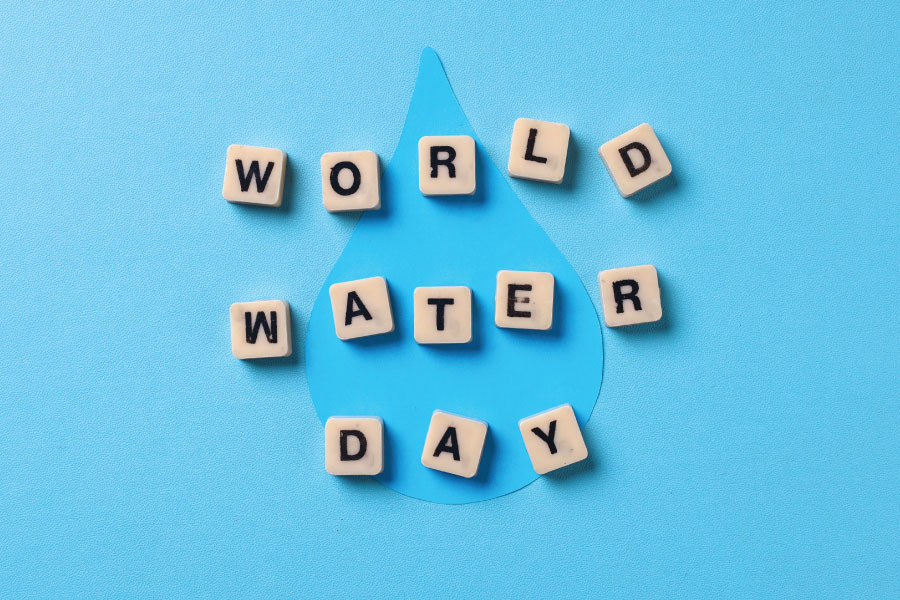
What actions are carried out on Water Day?
Different activities are carried out, ranging from awareness campaigns to direct action projects. Some of these actions are:
- Awareness Campaigns: These are campaigns led by non-governmental organizations, governments and educational institutions that seek to educate the public about the importance of water and the challenges it faces.
- Community Projects: In many locations, community projects are being implemented to improve access to safe water and sanitation. These projects may include the construction of wells, installation of water purification systems, restoration of water sources, and promotion of hygiene practices.
- Public Events: Through exhibitions and lectures, we seek to raise awareness of water-related issues. These events usually include the participation of experts in the field of water, community leaders and government representatives.
- Individual Actions: This is one of the most important actions, as World Water Day seeks to inspire people to take steps in their daily lives to conserve water. This includes reducing irresponsible water consumption, repairing water leaks inside the home, using efficient technologies, and participating in local water body clean-up activities.
In conclusion, World Water Day reminds us that there is still time to take action to protect this vital resource and ensure its availability for future generations. Participation in World Water Day activities can make a significant difference in promoting sustainability and equity in water use.

